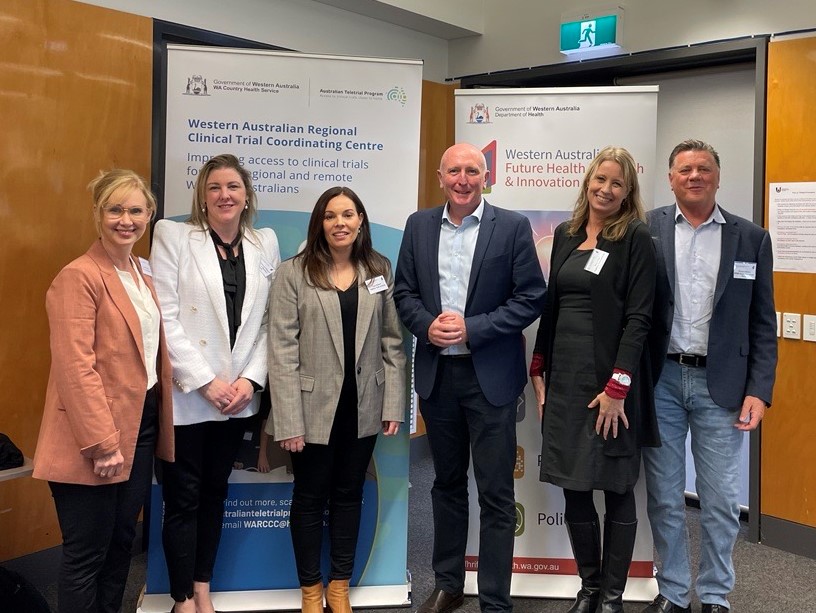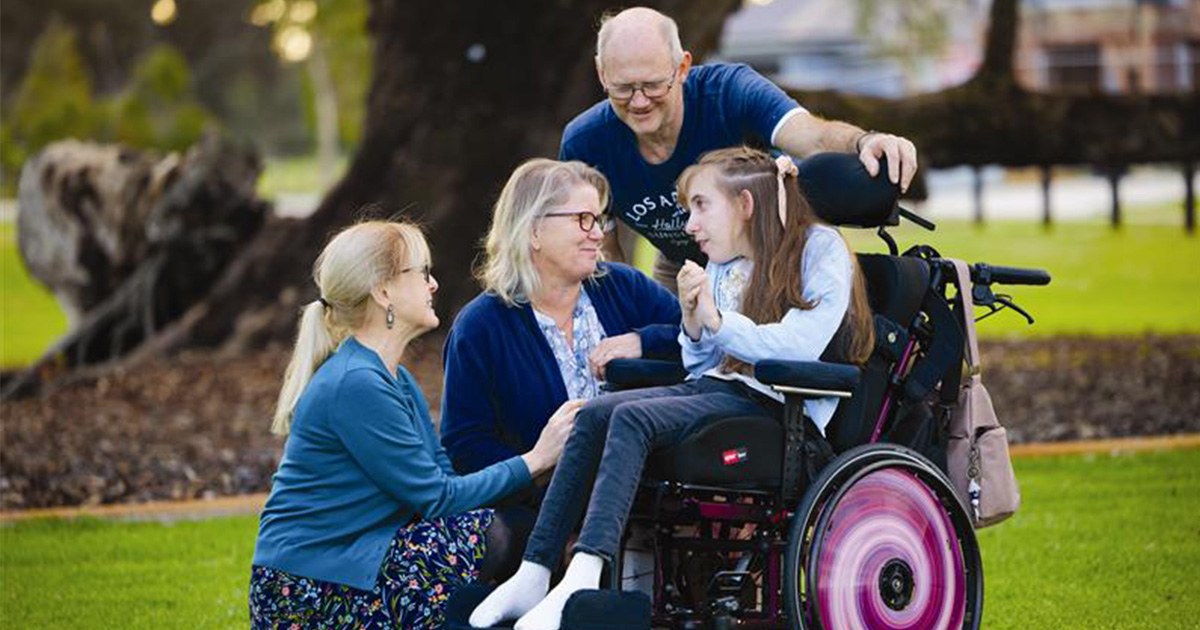Search
Showing results for "Au"
Research
Patterns of sedentary time and ambulatory physical activity in a Danish population of girls and women with Rett syndromeWe aimed to: (1) describe the patterns of sedentary time and daily steps and (2) identify the association of individual and environmental characteristitics.
Research
Longitudinal study of language and speech of twins at 4 and 6 years: Twinning effects decrease, zygosity effects disappear, and heritability increasesThis study investigates the heritability of language, speech, and nonverbal cognitive development of twins at 4 and 6 years of age.
Research
Oral prednisolone in preschool children with virus-associated wheeze: A prospective, randomised, double-blind, placebo-controlled trialPreschool children often have episodes of virus-associated wheeze and assessing efficacy of corticosteroids for paediatric wheeze exacerbations is inconcludsive
Research
“Coronavirus Changed the Rules on Everything”: Parent Perspectives on How the COVID‐19 Pandemic Influenced Family Routines, Relationships and Technology Use in Families with InfantsThis study explores how the first wave of the COVID‐19 pandemic influenced family routines, relationships and technology use (smartphones and tablet computers) among families with infants. Infancy is known to be an important period for attachment security and future child development, and a time of being susceptible to changes within and outside of the family unit.
Research
In vitro antibacterial activity of Western Australian honeys, and manuka honey, against bacteria implicated in impetigoImpetigo is a contagious skin disease caused by Staphylococcus aureus and Streptococcus pyogenes. Without treatment, impetigo may be recurrent, develop into severe disease, or have serious, life-threatening sequelae. Standard treatment consists of topical or systemic antibiotic therapy (depending on severity), however, due to antibiotic resistance some therapies are increasingly ineffective.
Research
Comparison of group A streptococcal titres in healthy children and those with pharyngitis and skin infectionsRates of acute rheumatic fever, a sequelae of group A Streptococcal (GAS) infection, remain unacceptably high in Indigenous Māori and Pacific children in New Zealand. This prospective study aimed to describe GAS antibody titres in healthy children (5–14 years) by ethnicity, and to determine how paired titres vary with GAS culture positive and negative pharyngitis, and GAS skin infections.
Research
Selective attention to threat, anxiety and glycaemic management in adolescents with type 1 diabetesPrevious research has established that adolescents with type 1 diabetes (T1D) experience more anxiety symptoms than their healthy peers and are also more likely to develop an anxiety disorder. Research in cognitive psychology has found that selective attention favouring the processing of threatening information causally contributes to elevated levels of anxiety; however, this process has not been investigated in the context of T1D.

News & Events
Vitamin D deficiency linked to childhood asthmaResearchers at The Kids Research Institute Australia have found children with vitamin D deficiency are more likely to develop asthma.

News & Events
WA Cohorts Network welcomes FHRI Funding AnnouncementThe State Government has launched the new WA Cohort Studies Research Project Support Program, recognising the value and importance of the three major cohort studies in WA.

Affecting approximately 400 people in Australia, Rett syndrome is a rare neurological disorder that occurs almost exclusively in girls and affects mobility and development, impacting everything from walking and talking to eating and breathing.
